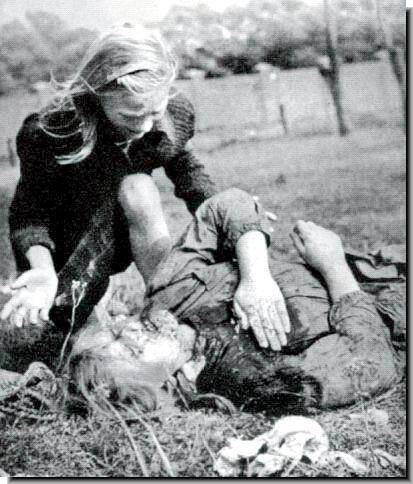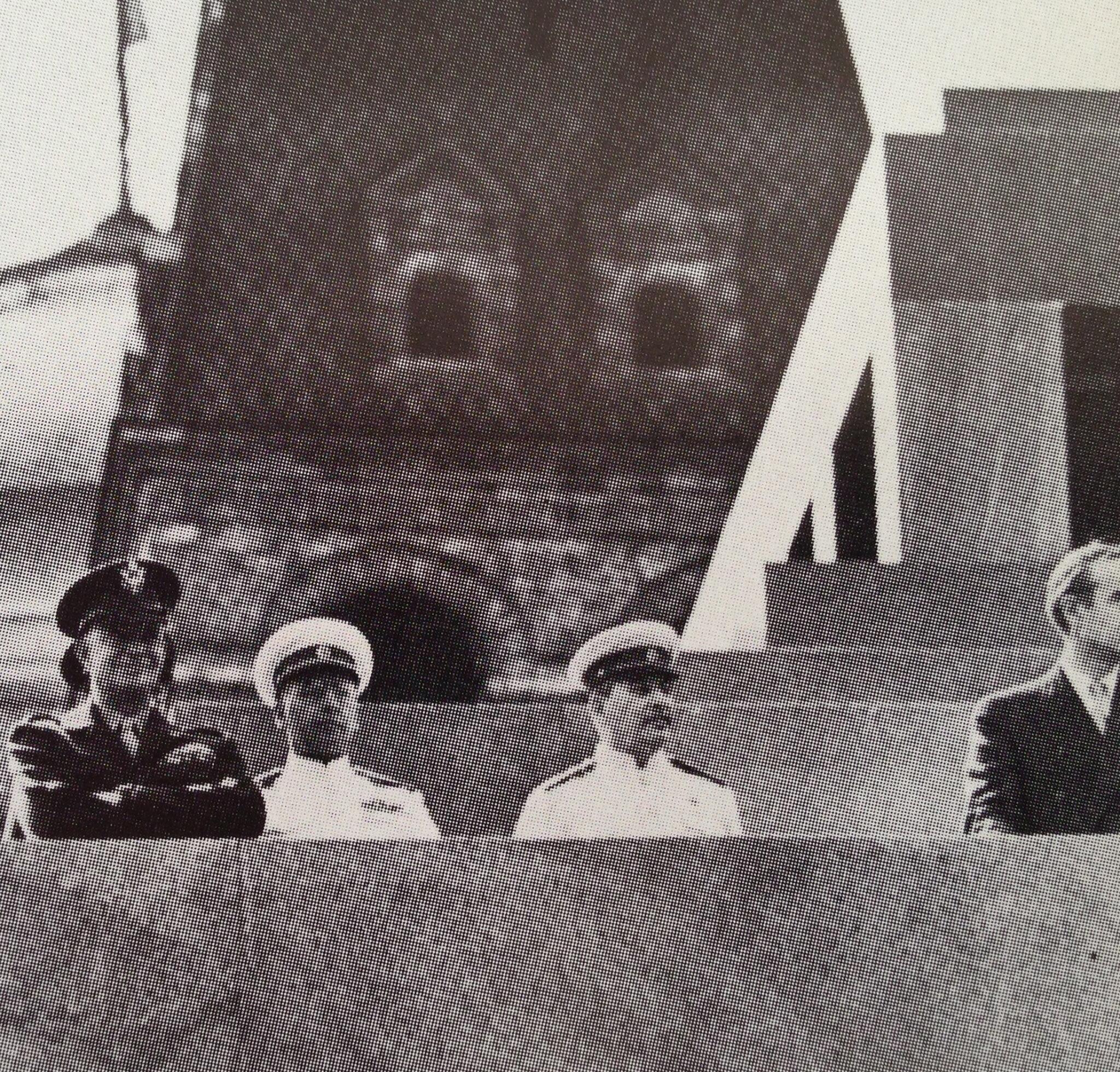- Aug 4, 2009
- 280,646
- 139,126
- 2,300
Lot of “ifs” thereFDR would have risked nothing by telling the German resistance that if they could kill Hitler, overthrow the Nazis, seize the government, and agree to give up conquered territory, the U.S. would halt the war and recognize their government. If the resistance had managed to kill Hitler but was unable to take over the government, this still would have constituted major progress and likely would have led to an early end to the fighting. If the resistance was unable to deliver at all, no harm would have been done to our war effort.
Better to just take over the country and force them to conform to the norms of civilized nations
If they gave up captured territories would they get to keep their Death Camps?








 Amen to that
Amen to that